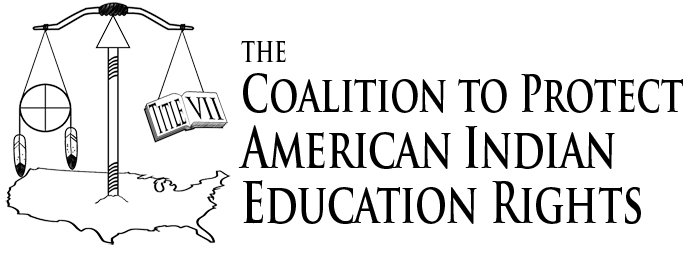In July of 2007, the University of Utah’s American Indian Teacher Training Program (AITTP) received nearly $2 million in federal grant monies from the Office of Indian Education. This money was to be used to recruit 20 American Indian students to the university to be trained as educators so they could return to their communities and teach in schools that serve Indian children. AITTP is a program run by Indigenous people, for Indigenous people and their communities. AITTP’s mission is based on years of research that suggests that Indigenous children do better in school when they have Indigenous teachers who look like them, understand their language, and understand their cultural background. AITTP has been a national success, graduating 30 educators over the past five years, with nine others on track for graduation in May 2008.
Since the receipt of the $2 million in grant monies, university senior administration in partnership with member of the College of Education, including the Dean, Michael Hardman, have incessantly attacked AITTP, its directors, both past and present, and its students. They have refused to let AITTP directors recruit new students, publicly and incorrectly framed the program as “mismanaged,” taken away signatory authority from the director, withheld the director’s salary, and more importantly, failed to support the current AITTP students by not providing necessary things such as textbooks and tutors. AITTP staff jobs have been repeatedly threatened and one staff member was even told that she was not “genetically engineered” to run the grants. In addition, students have been framed as liars and not trustworthy by the College of Education. These are just a few of the examples of the ways in which Indigenous peoples have been attacked on a campus that exploits them on a daily basis with their mascot, the “Ute.”
On 15 February 2008, Dean Michael Hardman proposed to terminate the grant projects and on 22 February 2008 Senior Vice President for Academic Affairs, David Pershing, agreed. AITTP directors were not consulted regarding this decision, rather, they were told that the projects were terminated only after the decision was final. AITTP, a successful program that took over five arduous years to build, was decimated in a matter of months. Sending millions (in this case $2 million) in grant money back to the funding source is an act previously unheard of at the university. What kind of university would deliberately deny support and access to education to Indigenous people in this way? What kind of university would treat indigenous students and staff like this? What kind of university would target a specific group of people, and their community, and not take responsibilities for their actions through formal apologies and recompense?
To further understand the impact of this decision, consider that since the inception of the University of Utah’s College of Education in 1979 up to 2002 (a span of 26 years), university records suggest only 14 American Indians graduated from the department. However, since AITTP emerged as a force on campus, a total of 39 American Indian students have graduated or will graduate. That is nearly triple the number in less than a quarter of the time!
The Coalition to Protect American Indian Education Rights believe the situation at the University of Utah is a classic case of Indigenous peoples’ fight for sovereignty and for the right to equal access to education. The fight is against those in power who want Indigenous people and their children to fail. Therefore, we have compiled a list of initiatives to correct this horrendous injustice. To see a list of these initiatives please click here.
Saturday, April 19, 2008
What happened to the American Indian Teacher Training Program?
Subscribe to:
Post Comments (Atom)

1 comment:
How grateful we must be for the beautiful opportunity of education that exists in this great land. Of all monies spent on infrastructure, none could be more wisely spent than on education.
Giving the many beautiful examples of finding great social and political talent off the mainstream courses of attention, I would seriously hope we do not make the mistake of "short changing" in any way any group not considered in that mainstream, and especially those for whom we owe a social, historical and even Christian obligation.
--Phil Lynn
Post a Comment